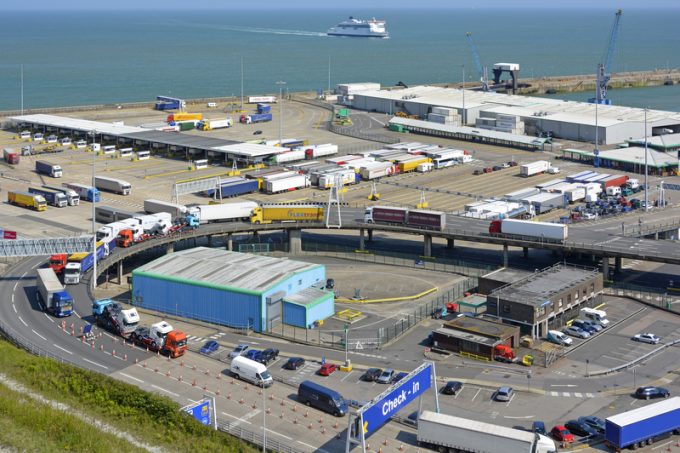'Technical hitch' results in truck queues at UK border control point
Britain’s new phytosanitary regulations continue to cause problems for importers, with major queues reportedly plaguing ...

Brokers and agents fear they face huge invoices for new duty on imports and exports following changes made by the UK’s environment agency.
With the new Border Target Operating Model (BTOM) last week, Defra also introduced the common user charge (CUC) for imports and transits of plants and plant and animal products entering or leaving Britain via Eurotunnel or the port of Dover.
And the CEO of the UK’s Fresh Produce Consortium, Nigel Jenny, warned there was ambiguity surrounding liability, “there being a seeming assumption that agents or brokers are liable unless otherwise stated”, he told The Loadstar.
“Per the information we have been given, it is possible for the importer to simply select that the agent or broker will accept the invoice, with brokers none the wiser.”
According to the information from the government, Defra requires either the importer or the agent working on its behalf to determine who is responsible for the CUC, but seemingly only requires the agent to “get permission from the importer” to use their details.
The Loadstar asked Defra to clarify the situation, with initial efforts redirecting us to the information supplied via a government website and subsequent questions having yet to be answered before this was published.
CUC costs range from £10 to £29 per commodity, with a maximum charge capped at £145. Given the three-month wait before the first CUC invoices are issued by Defra, Mr Jenny warned that his members will be racking up fees of anywhere from £5,000 to £100,000 per month, “which means liability as a broker could be enormous”.
“Has the government fully explained to the agent that they are liable for the fees? It does not seem so,” he said.
“This means that in three months brokers could be receiving invoices for something they know nothing about. Equally, how can an SME shipper in Italy or Spain be aware of this? The fees were only announced a few weeks before they went live.”
Comment on this article